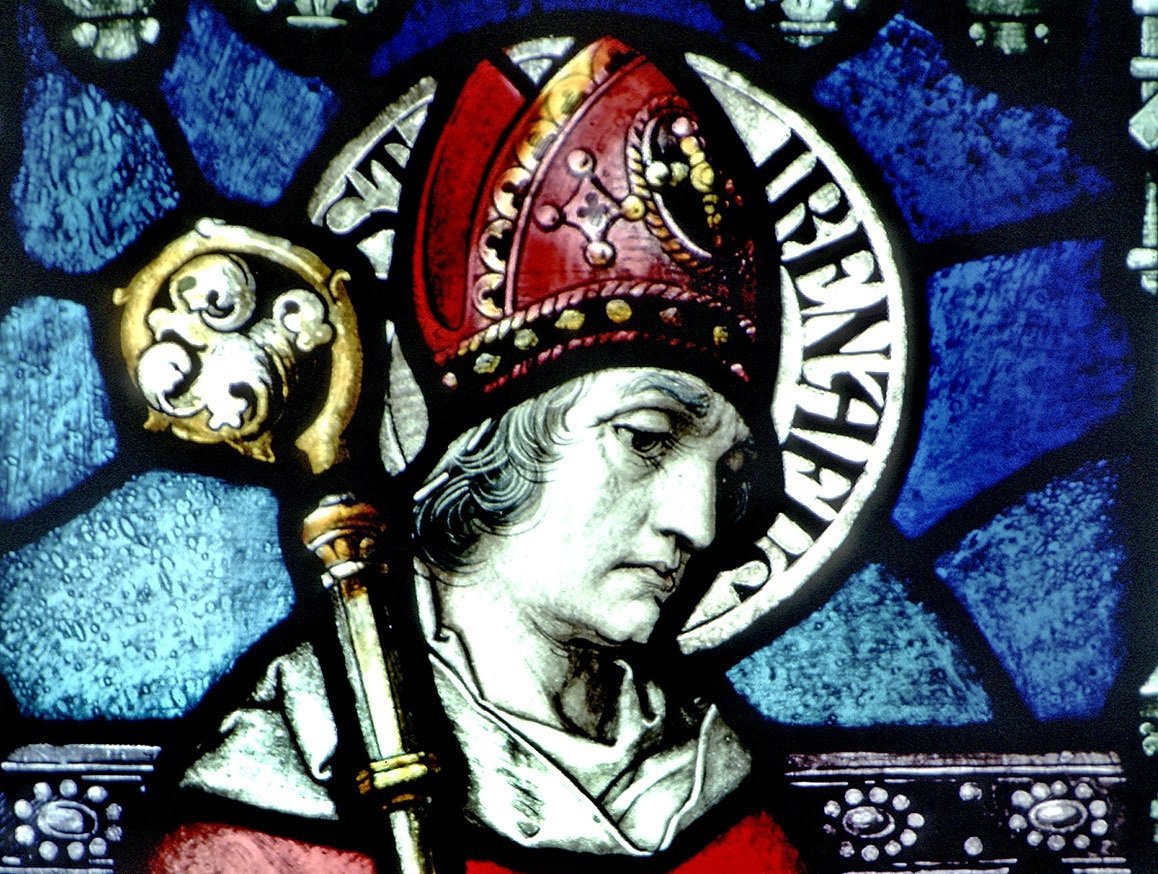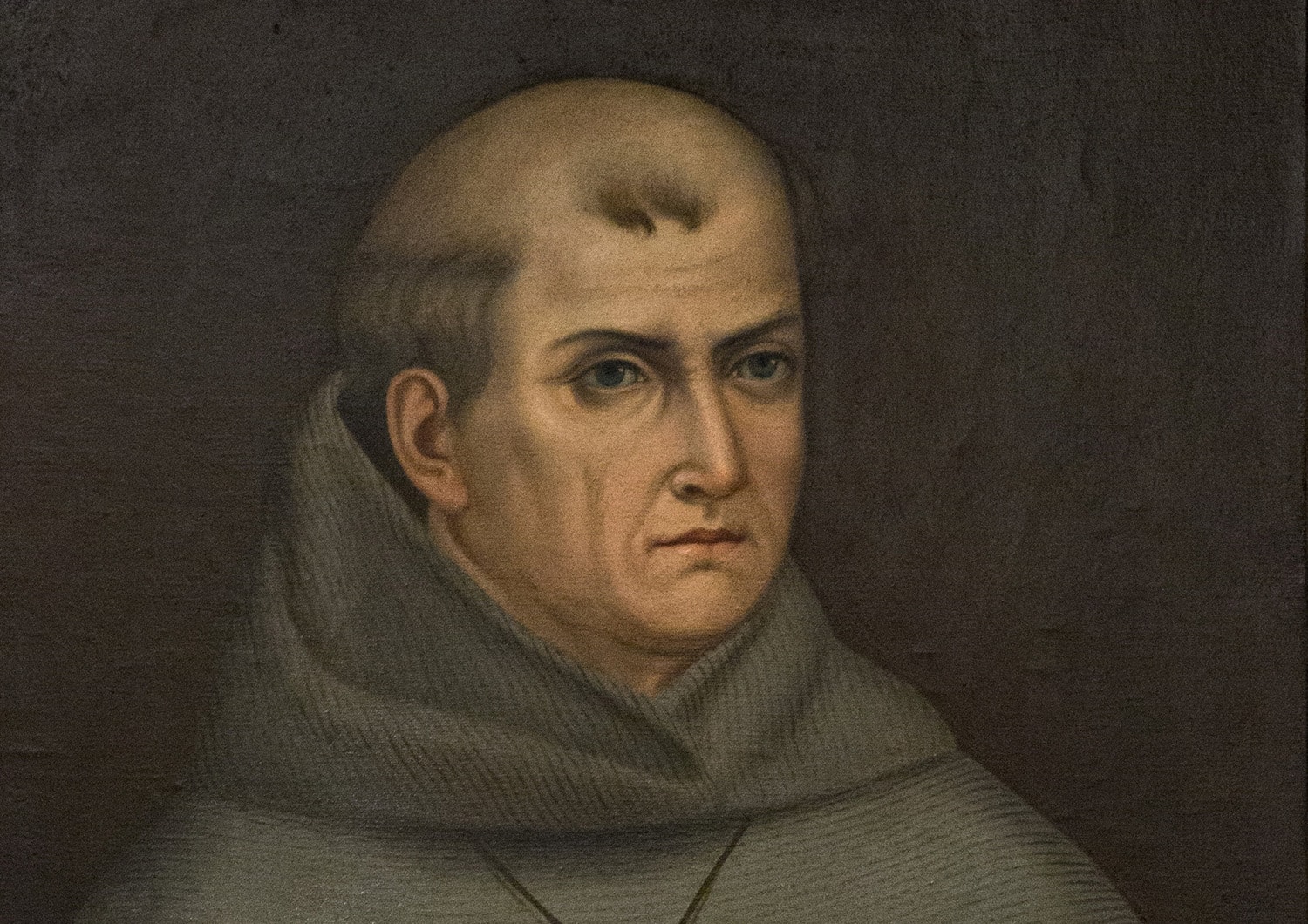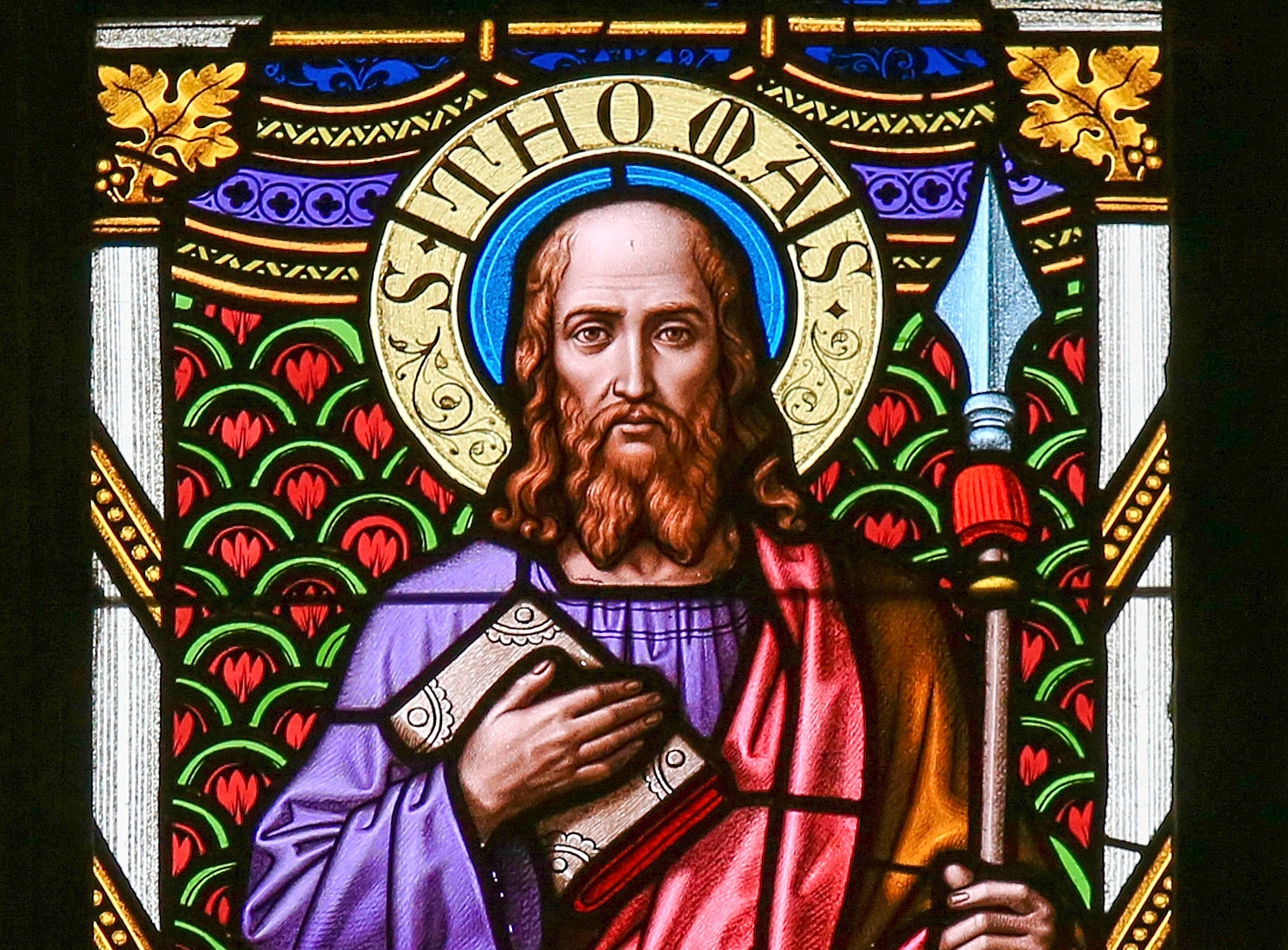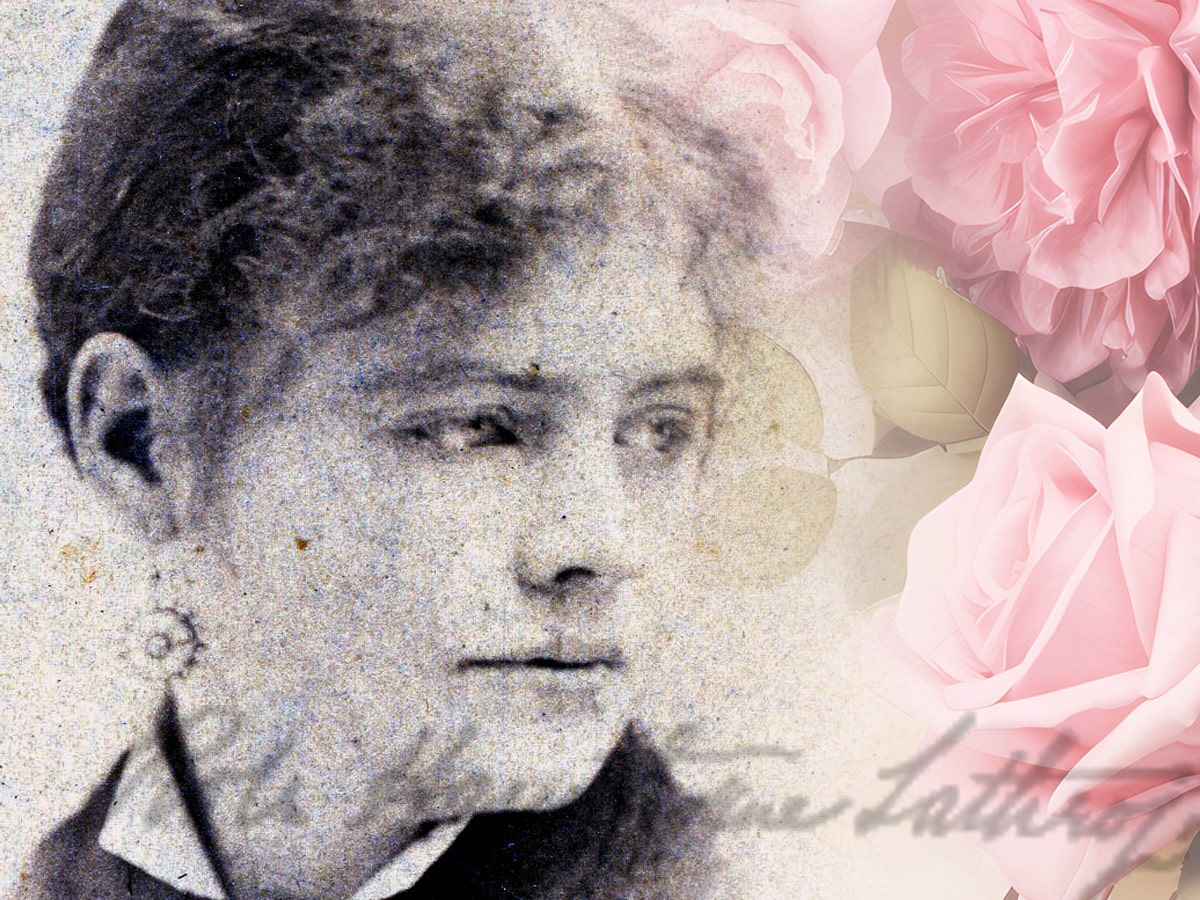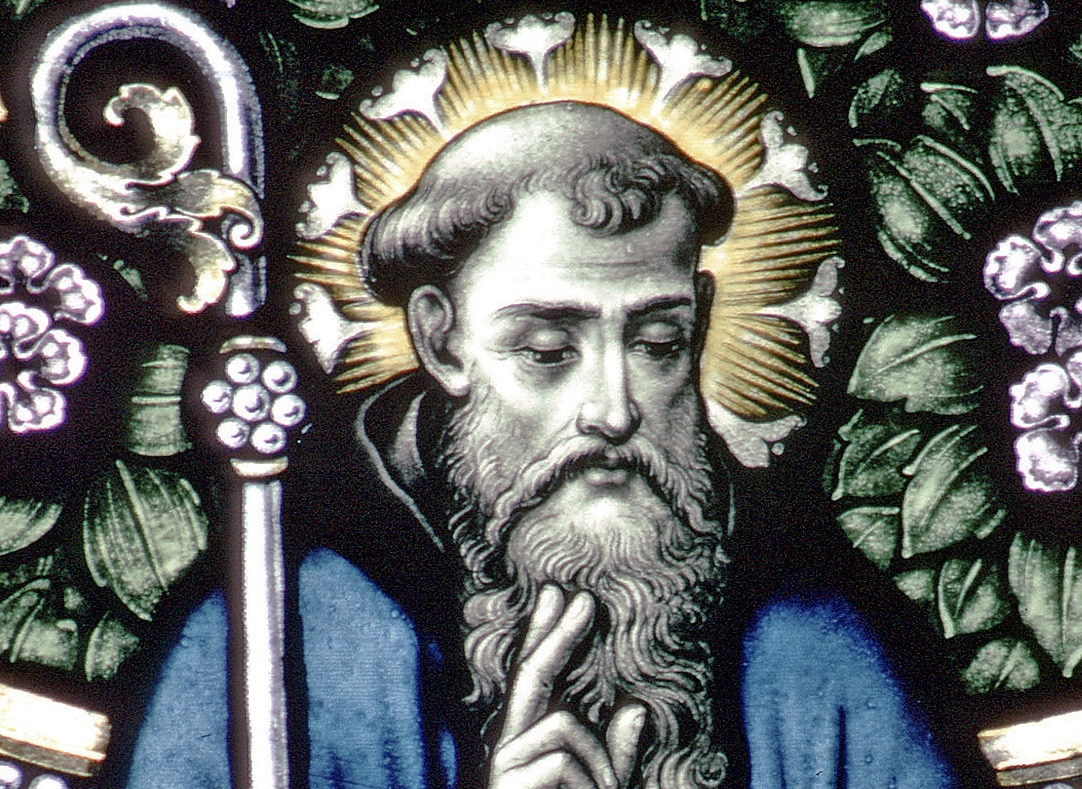Saint Paulinus of Nola, Bishop
Feast day: June 22
“The man without Christ is dust and shadow.”
These are the words of St. Paulinus of Nola, a bishop but also one of the most important Latin poets of his time who first lived and worked in the secular world. Born in Bordeaux, France, St. Paulinus (354-431) was a very well-versed poet with a fine education and a political career who turned his life fully over to Christ and eventually became the Bishop of Nola, Italy. Born into a high-ranking family and having the poet Ausonius as his teacher, St. Paulinus also had a strong conversion to Christ as he observed the faith of devout people honoring the tomb of St. Felix the Martyr. Although St. Paulinus may have been raised a nominal Christian, he was inspired by the faith of simple people and later by the trauma of two family tragedies to give his entire life to our Lord first as a monk, then as a priest, and finally as a bishop. He is a model disciple for our secular, highly educated world particularly in civil service and academia.
In his early years, St. Paulinus worked successively as a Roman senator, consul, and as governor of Campania, a region of southern Italy. He excelled at his work and was lauded for his intellectual gifts. Nevertheless, he instead was most impressed with the uncomplicated faith of those praying to St. Felix at a local shrine, so much so that he had a hospice for the poor built next to it and a road to provide access for pilgrims. Blessed with an intense conversion to follow Christ, St. Paulinus grew in faith as he lost favor with political authorities. He departed his employment as a government worker to study under St. Ambrose in Milan, and he completed his Christian formation and was baptized in Bordeaux.
Deciding to marry a noblewoman, he and his wife suffered two tragedies which brought them closer to God. Paulinus lost his only child eight days after birth, and he was charged with having murdered his brother. Growing in an awareness of the divine, he and his wife decided to consecrate themselves fully to Christ by living chastely as brother and sister. They sold their possessions to help the poor and settled in their new life beside the Basilica of St. Felix in a form of monastic life which attracted others. St. Paulinus was ordained a priest and eventually bishop because of the love he had in caring for pilgrims and the poor. At a time of destructive barbarian invasions, St. Paulinus was known as a bishop who truly loved his people.
Not a writer of theological treatises, St. Paulinus continued to write poems as a cleric but on the love and beauty of the incarnate God instead of pagan ideals. At the disappointment expressed by his pagan teacher Ausonius, St. Paulinus explained his choice in transitioning the subject matter of his poems as an elevated response towards God. St. Paulinus is known for writing a nuptial hymn, praising the dignity and sanctity of Christian marriage. His numerous letters written to his many friends, from St. Martin of Tours to St. Jerome and St. Augustine, provide a model of spiritual friendship. As Pope Benedict XVI recounts, the content of these letters are a “manifestation of the one Body of Christ, enlivened by the Holy Spirit” and “what it means to be a Christian, to be the Body of Christ, to live within the Church’s communion.”
Reflection
O Christ, may I be in the world but not of the world. And may I be unafraid to follow you where you call me to go for your people.
Prayer
O God, who made the Bishop Saint Paulinus of Nola
outstanding for love of poverty and for pastoral care,
graciously grant that, as we celebrate his merits,
we may imitate the example of his charity.
Through our Lord Jesus Christ, your Son,
who lives and reigns with you in the unity of the Holy Spirit,
God, for ever and ever.


